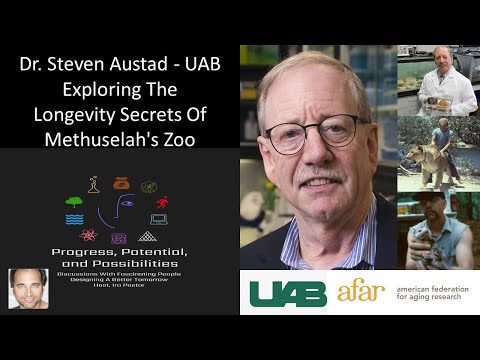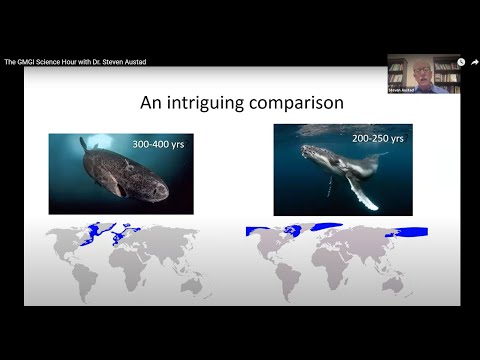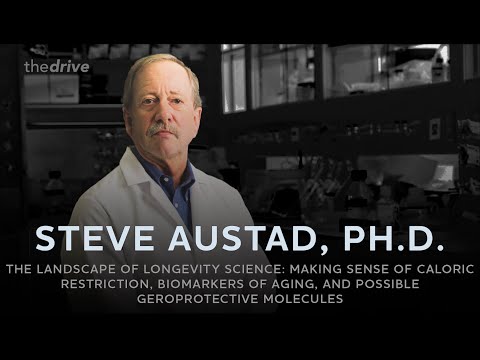How birds prevent free-radical and browning damage is something from which human health could benefit. Do they have unique antioxidants that prevent free-radical damage? Do they have unique ways of degrading damaged proteins? They must also have mechanisms that preserve cellular functions in the face of life’s challenges. There has been a little research on bird aging processes but never a large, sustained effort like we might have if they were being studied for cancer prevention. Medical research remains largely mired in the study of short-lived laboratory species such as fruit flies and mice, from which we may learn little to improve or extend human health. A Manhattan Project to understand birds’ exceptionally slow aging and their ability to maintain strength and endurance throughout life would be a fine use of research dollars.
Steve Austad has a great book out (last year) that I’m reading how:
https://www.amazon.com/Methuselahs-Zoo-Nature-Living-Healthier/dp/0262047098
Interesting!
“We should have a small panel of species to experiment on, and it would save us a lot of time and money on doing clinical trials with humans. I think at a minimum we’d want two, ideally, four species. Rats and mice are pretty closely related, they’re like monkeys and humans, so I’d like to see something more distantly related. There’s a small laboratory marsupial, a laboratory opossum that doesn’t live any longer than a mouse. It’s midway in size between a mouse and a rat.
I’d like to see, let’s say, those three species. If you gave them all rapamycin, and they all did very well, with minimal side effects and increased longevity, and all things that rapamycin has been shown to do in mice, then I’d feel very confident that we’re at a point where we would have a high probability of success.”
If people can read only six pages of the book, let it be the pages 269 to 275.
Excerpts from the last chapter.
The biochemist Leslie Orgel, who is famous for his research on the origin of life, was fond of pointing out something that should be obvious – evolution is more clever than you are. What Orgel meant by his second rule, of course, was that evolution, with several billion years and billions of species with which to tinker, will have discovered solutions to problems that humans might never dream of. .In the context of prolonging our health, this means that nature will have discovered may ways of combating the inherently destructive processes of life, such as free radical damage, and protein misfolding.
I am somewhat astonished that the biomedical research community has stuck largely with studying animals that are so demonstrably failures at combating these processes. The workhorse of medical research continues to be the laboratory mouse – one of the shortest lived and most cancer prone mammals known.
In a certain sense I understand why. So much work has gone into developing tools for instructive intervening in mouse biology that we can do more sophisticated experiments with the mouse than any other mammal.
Because of the mouse’s short life, we can also determine quickly whether a particular gene variant or new drug will preserve health or life in a mouse.
But remember, mice are losers in the game of healthy longevity. An exercise designed to improve the gait of the lame may be unlikely to enhance the speed of an already accomplished sprinter. Mice are lame, but humans are already accomplished sprinters. So a drug that allows a mouse to live three rather than two years (or a fruit fly three rather than two months ) may be unlikely to extend human health. Human biology may hve already solved whatever problems limit a mouse’s life. Don’t forget we are already the longest lived terrestrial mammal.
Steven Austad prefers to study nature’s success stories, and learn from them.
We are not likely to have laboratory colonies of Greenland sharks, bowhead whales, rockeye rockfish, or even Brandt’s bats any time soon. The good news is, while we may not have whales in the lab, we can have whales in a dish. That is, we can grow and study whale cells grown in the lab in exquisite detail.
Let’s invite him for a talk.


